As parents, we want our children to be confident and secure with themselves. We hope that our children have the confidence to go out into the world and live wonderful, fulfilling lives. Self-confidence has been linked to better results in developing healthy relationships, achieving goals, and general well-being. Confidence and security with one's self also lead to being able to acknowledge and accept both the positive and the negative aspects of who we are without feeling superior or inferior to others.
So, how do we raise our children to be confident? It's important for parents to understand that confidence is built on security and stability. After all, most of us know firsthand just how difficult it is to show up at our best when we are in survival mode. One way we can give our children security and stability is through a healthy environment at home.
Here are 10 powerful tips you can begin using today to build confidence and security in your children:

1. Give Your Child Your Undivided Attention
Avoid communicating while your eyes are glued to the TV, text messages, or with grunts from behind the computer screen. Receiving your undivided attention will help your child build trust as well as self-confidence.
2. Allow Your Child To Solve His/Her Own Problems
As hard as it is for us to watch our children struggle, it’s important that we do not immediately jump in and rescue our child when he’s faced with a challenge. Kids are smarter and more creative than we give them credit for. Yes, offer advice, but honor them if they choose to try their own way. Let them know you have confidence in them figuring things out. This will encourage them to problem solve and build stress coping skills.
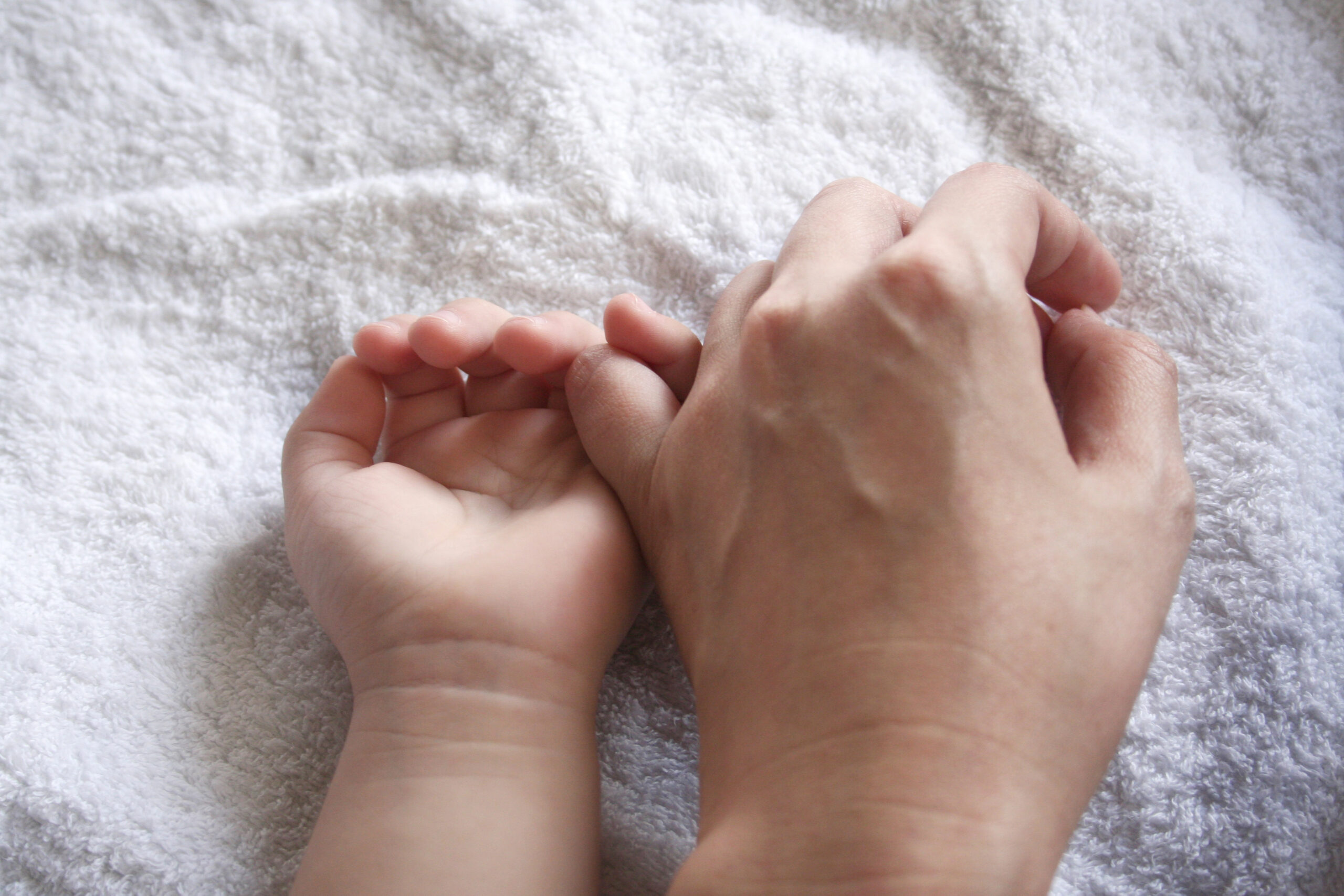
3. Acknowledge Your Child's Emotions
Validate both her positive and negative feelings instead of trying to convince her she shouldn’t feel that way. Encouraging your child to accept her emotions, including anger, sadness, disappointment, and frustration as normal, will help her respond to her feelings and face the world with a healthier and more realistic view.
4. Discipline To Teach, Not To Hurt
Instead of only expressing your anger and leaving him with a punishment, explain to your child the lessons behind the discipline. You want him to understand why the choices he made were poor so he will know how to make better decisions if faced with something similar again in the future. Punishment alone will simply teach him to hide his mistakes from you.
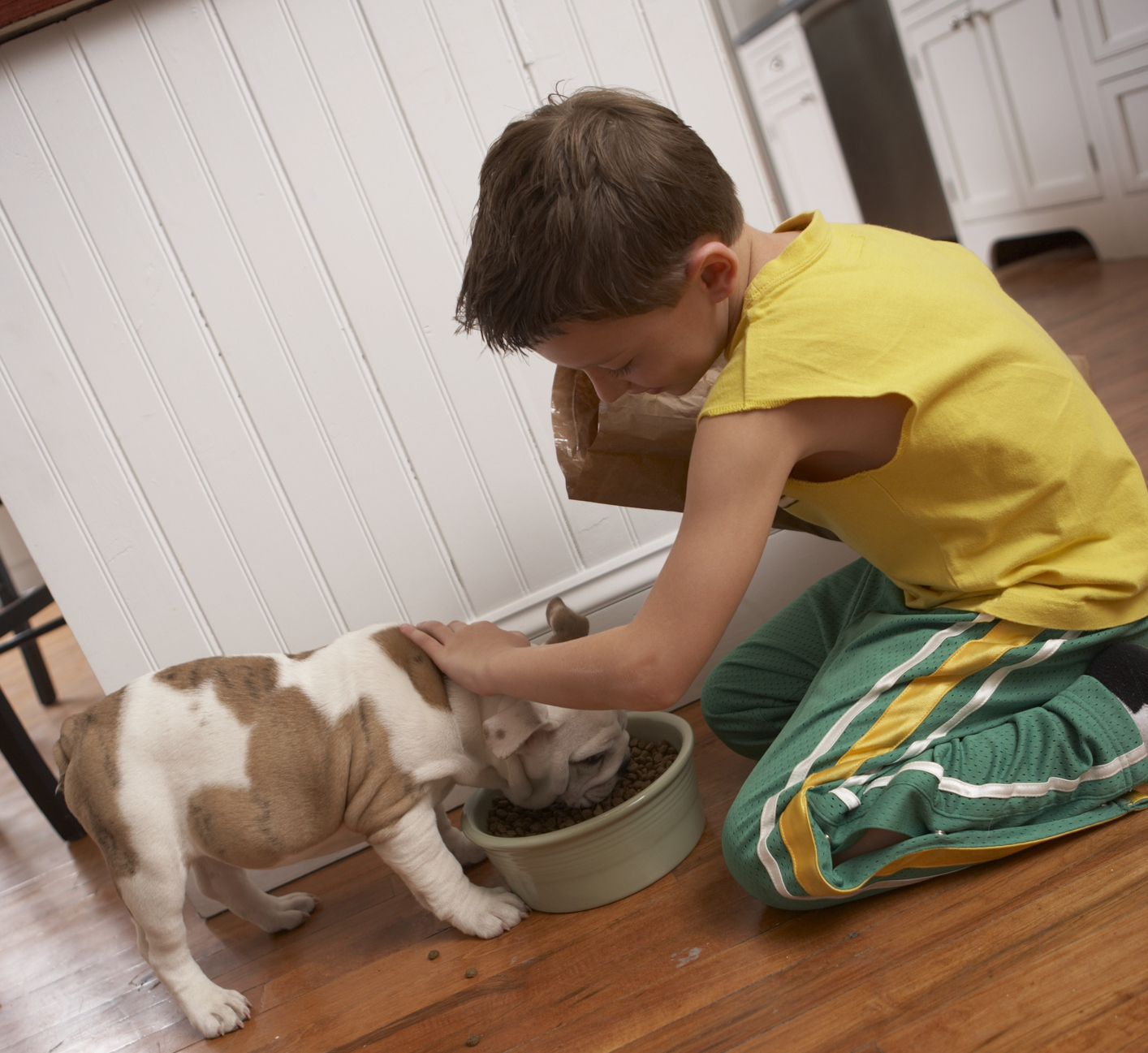
5. Give Your Child Age Appropriate Responsibilities
Even simple tasks such as making his bed, feeding the family pet, putting away his toys, and taking out the trash once a week will help your child learn that he is an important, contributing member of the family with abilities others can count on.
6. Encourage Your Child To Enjoy Time Alone
Alone time empowers kids to truly enjoy being creative in the moment as well as encourage self-sufficiency. Kids who learn this are able to spend time on their own without feeling sadness, rejection, or panic. For younger kids, alone time is when they are able to relax or entertain themselves without help from parents and caregivers.
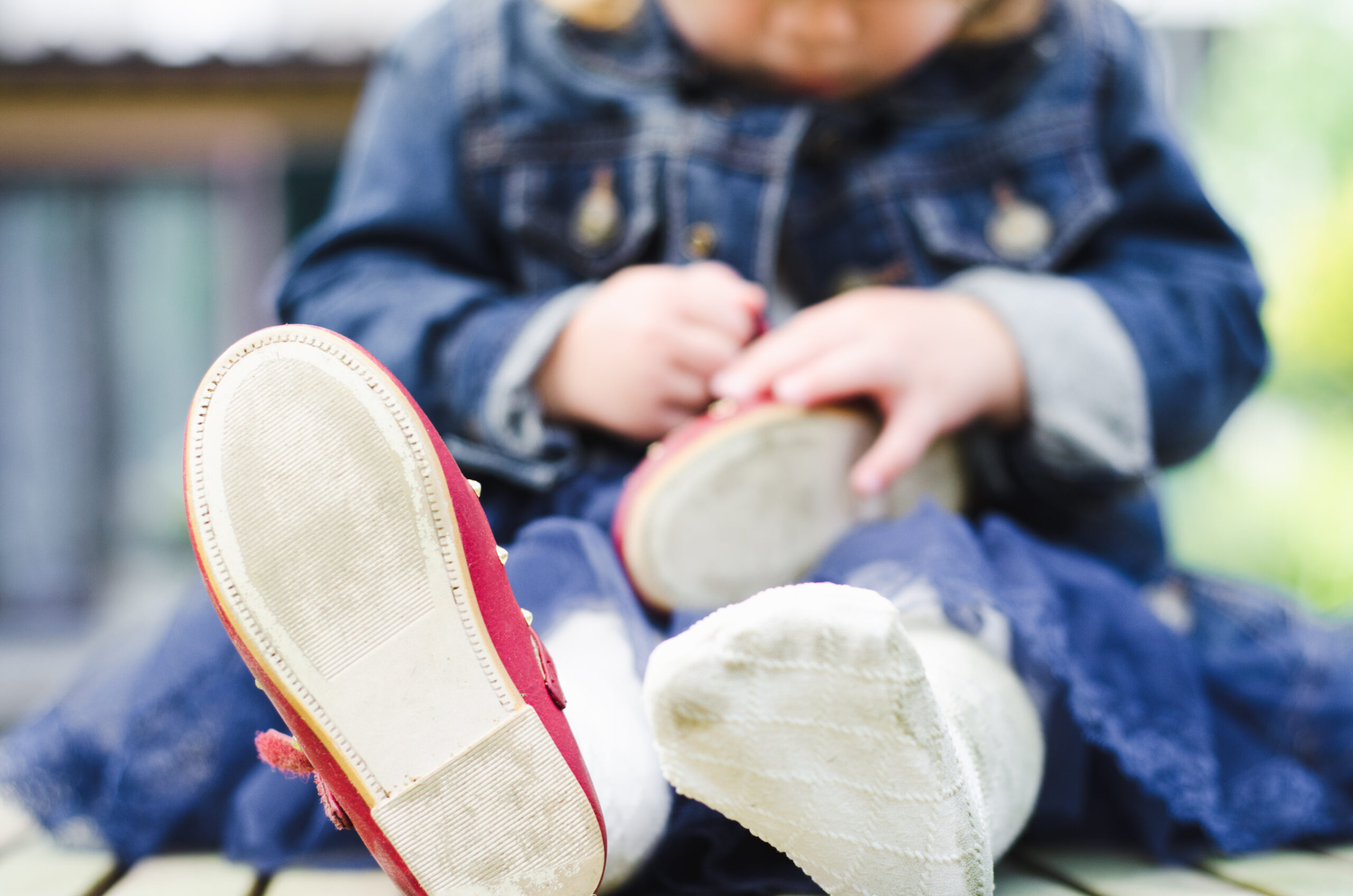
7. Avoid Shaming Your Child Over His Struggles
It’s very important for your child to understand that his struggles do not define him, nor do they make him a failure or a bad person. Build his confidence by identifying and praising his strengths, and then, without judgment, help him find solutions to overcome or cope with his challenges and give plenty of emotional support.
8. Praise Your Child's Specific Efforts and Accomplishments
Celebrating your child winning the race or getting straight As is wonderful, but keep in mind that it’s just as important to acknowledge she’s earned her victories because she trained daily without fail or studied diligently all semester. This will also help your child establish a growth and improvement mindset as opposed to a purely win or lose mindset.
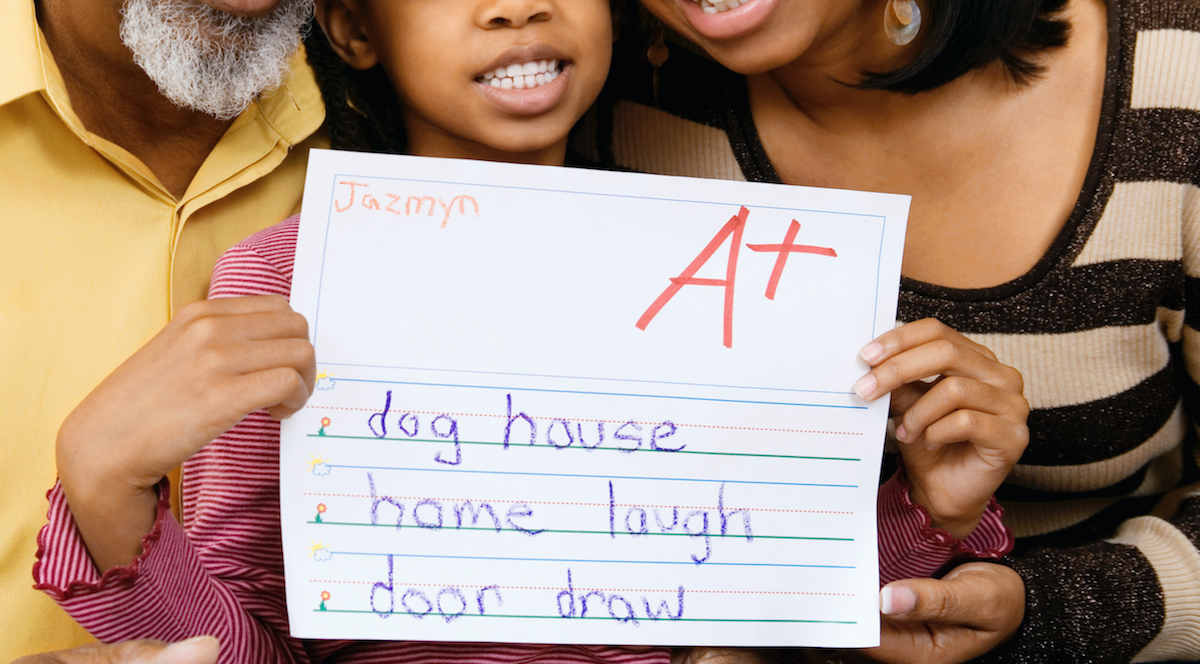
9. Be A Source Of Calm Confidence
When your child is struck by panic or looks at you with fear in her adorable eyes, it is crucial that you do not reflect fear back at her. This will only increase her freak-out level. Show her by example that better decisions and performance can be achieved by stepping back, taking a deep breath, and maintaining a calm and clear mind.
10. Admit And Apologize When You Make Mistakes
You are your child's best teacher, so your most effective teaching tool is the example you show them. Show your child that making mistakes is a part of the learning process for everyone. Mistakes do not equal failure if a lesson is learned, because what we take away from it can be used to make us better, smarter, and stronger. You are the key to raising confident kids!
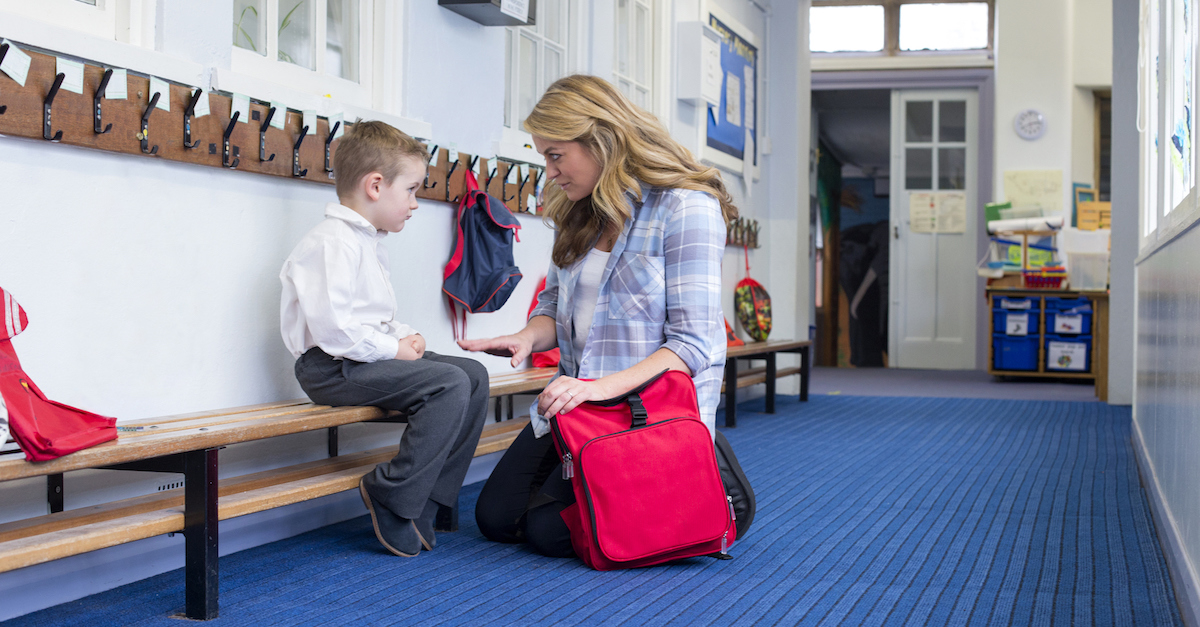
What are your favorite confidence-building strategies that you’ve practiced with your own children? Let us know in the comments below!
For more from Carmen Sakurai, visit her blog Ninja Mom Diaries and her Facebook page.




